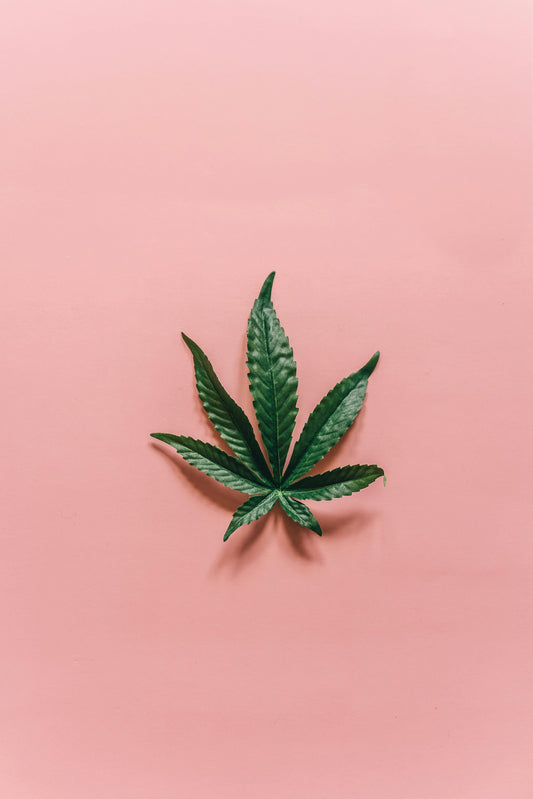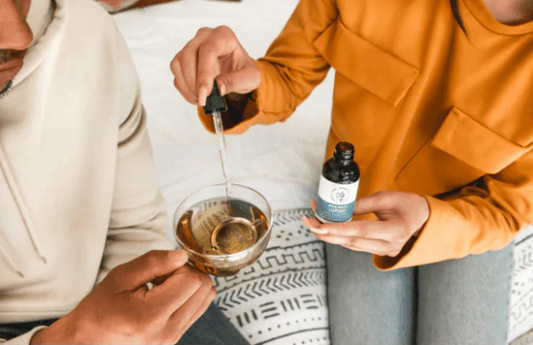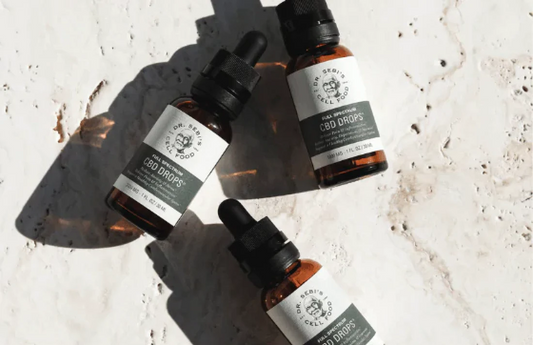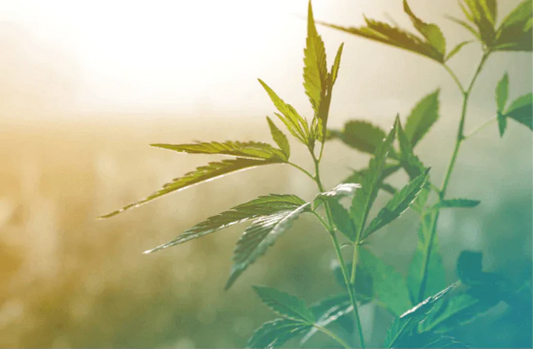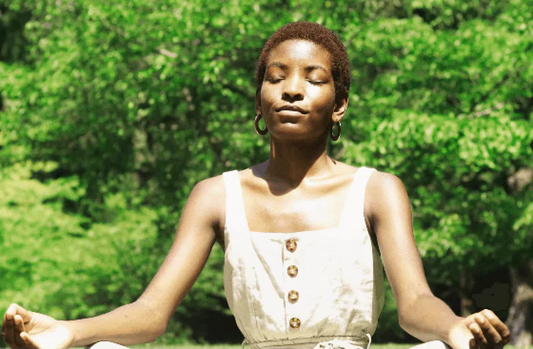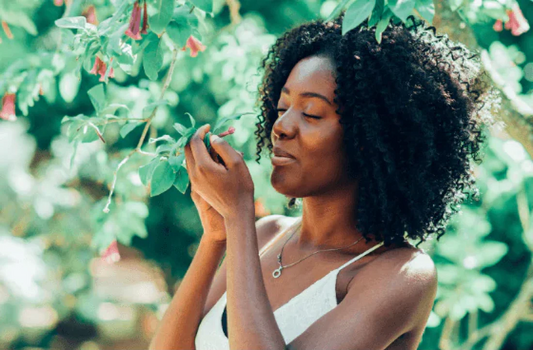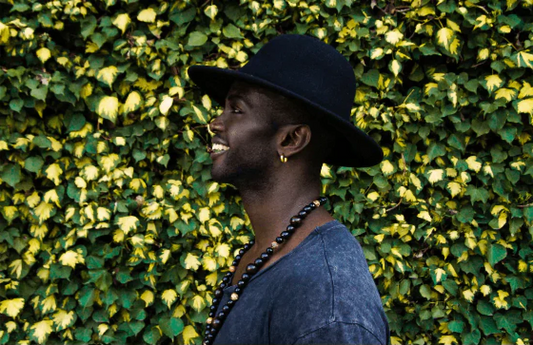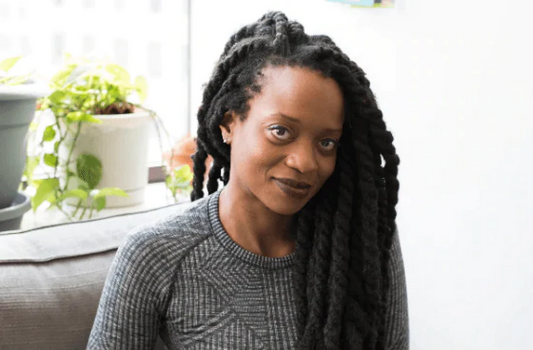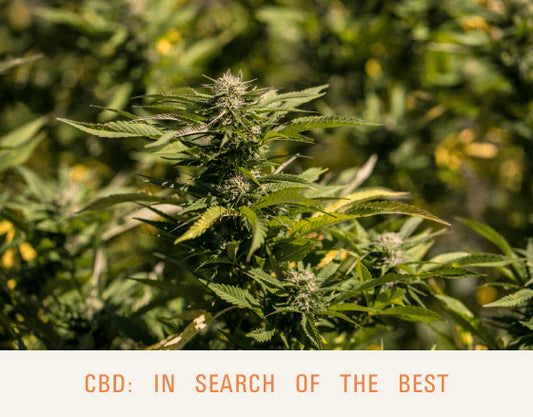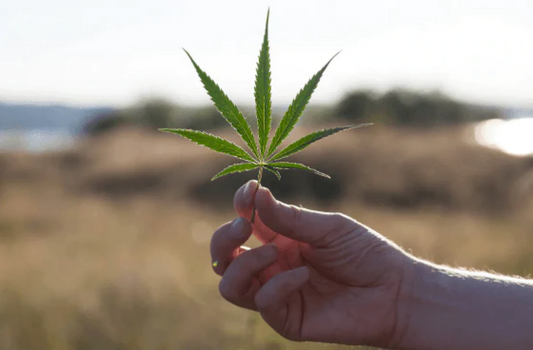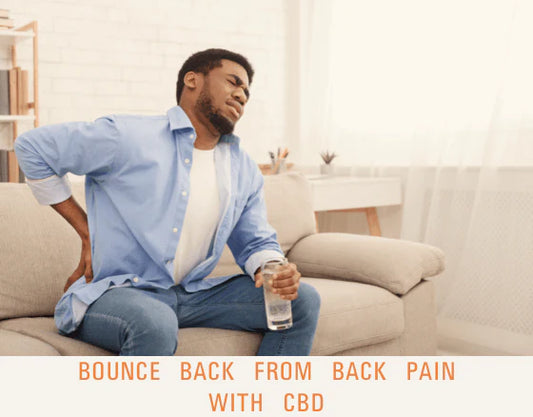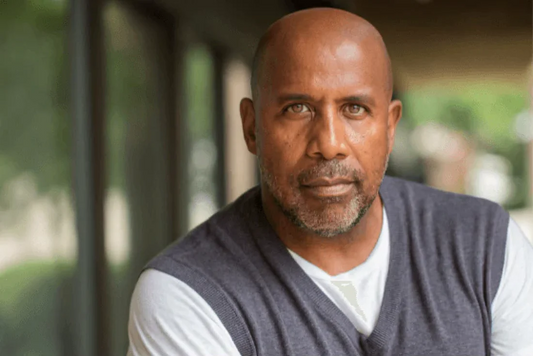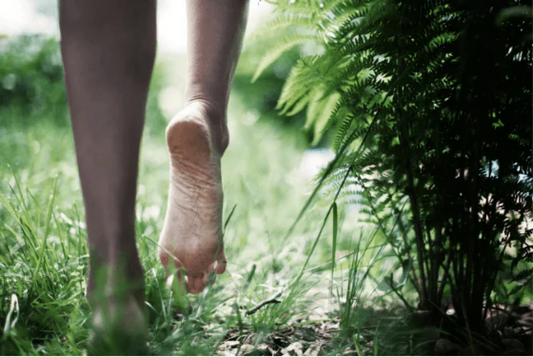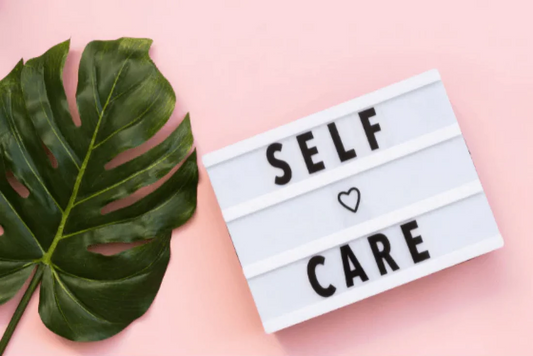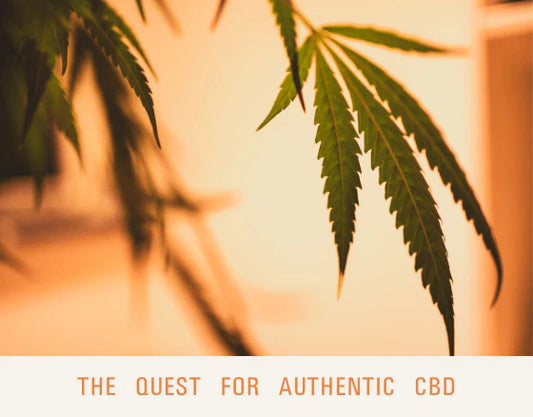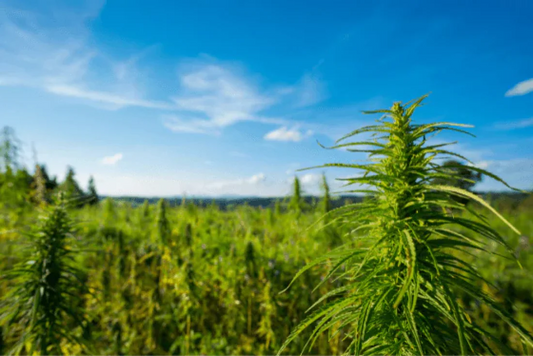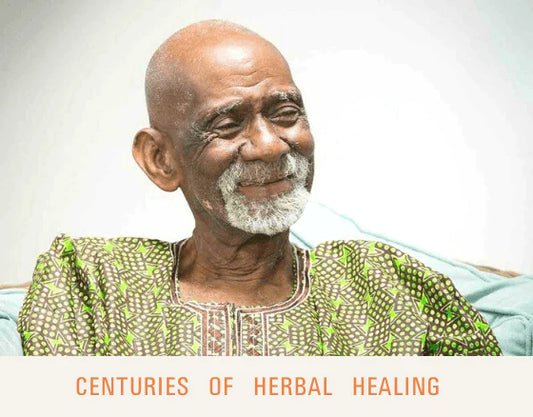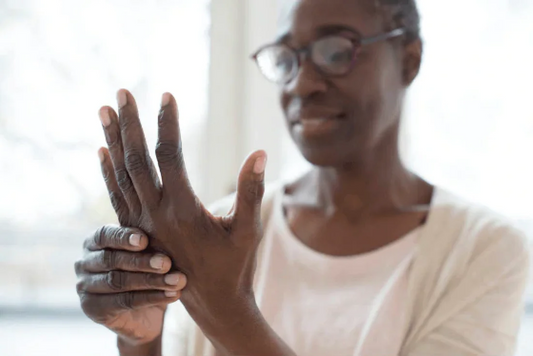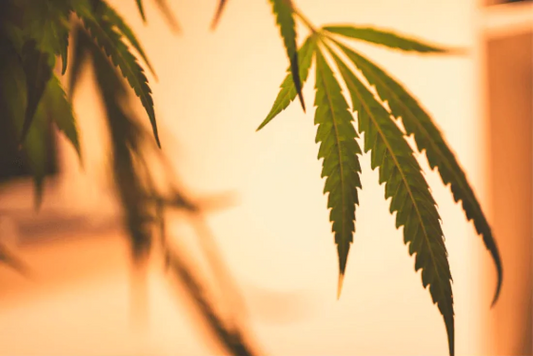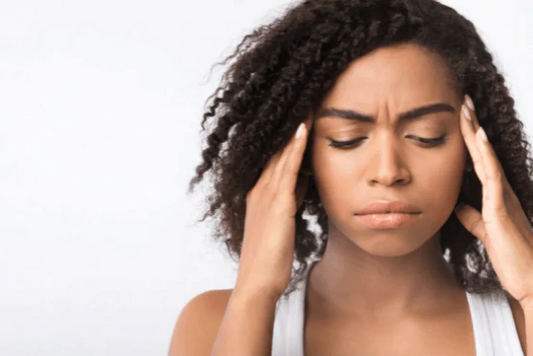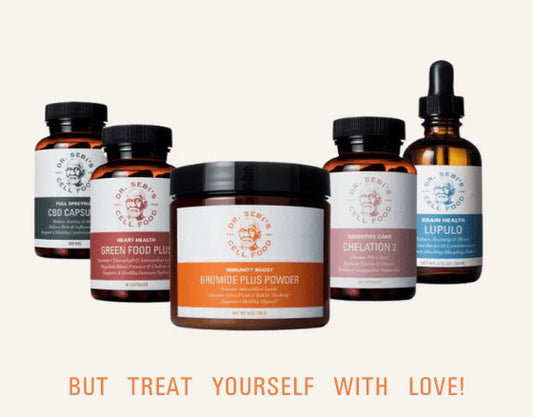Greetings Dr. Sebi Family!
I’m Max, a writer specializing in natural health, and today I’ll be your guide to the history of hemp flowers.
What Are Hemp Flowers?
Hemp flowers are simply the flowering part, or bud, of the hemp plant. They are the most potent part of the hemp plant, with huge amounts of therapeutic cannabinoids (including CBD), which form as crystals that cover the flowers.
Hemp and marijuana are different species of the cannabis plant. Hemp was mainly used for industrial purposes, while marijuana was used recreationally. However, both species produce flowers that possess potent health-reinforcing properties.
Fear of Hemp Flower Power
Dr. Sebi was ahead of his time. This is true for his views on hemp and its revolutionary potential for health and healing. Not one to shy away from controversial topics, Dr. Sebi was a vocal advocate and user of hemp flowers for much of his life.
But for the general public who aren’t well versed in natural health, it’s been a slow journey to the realization that hemp is genuinely beneficial. There's still a lot of stigma and misunderstanding of the hemp plant and its precious flowers, thanks to decades of anti-hemp propaganda.
But it wasn’t always this way; throughout history and across the globe, the hemp plant has been widely respected, celebrated, and treasured...

A Hasty History of Healing with Hemp
Roman Empire
- Pedanius Dioscorides was a 1st century doctor and pharmacologist who had a tremendous impact on the study of botany.
- Dioscorides loved hemp and gave it the botanical name Cannabis sativa, which it bears to this day.
- Roman writer and philosopher Pliny the Elder recommended poultices made from hemp root for burns, joint pain, and gout.
China
- In the 3rd century the philosopher-emperor Sheng Nung compiled the Pen T’sao, the world’s first published pharmacopeia.
- Hemp was included in the Pen T’sao as a “superior immortality elixir” and a treatment for constipation, malaria, and rheumatism.
- China was once known as “the land of hemp” due to widespread cultivation of the plant.
- Early evidence of hemp-based textiles has been found in Zhejiang province, dating back more than 4,000 years.
- It’s thought that hemp first evolved somewhere in Asia, possibly in China.
India
- Shushruta was a 3rd century doctor who is recognized as the father of surgery.
- He prescribed hemp to his patients to dry their mucous membranes.
- The Aryans who invaded India took hemp seeds with them as they moved through the Middle East to Europe, planting hemp all the way.
Africa
- Accounts of hemp use in North Africa date back to the 12th century.
- In Southern Zambezia (now called Southern Rhodesia), healers added hemp to their medicine to successfully deal with anthrax, blackwater fever, blood poisoning, and dysentery.
- Hemp gardens in Mozambique and South Africa were recorded in accounts from the 18th century, and in Angola, Democratic Republic of Congo, Egypt, Gabon, Kenya, and Sierra Leone in the 19th century.
- These gardens were cultivated exclusively to produce hemp flowers.
USA
- In the 1600s Americans were using hemp to make clothes, shoes, ropes and food.
- Between 1840 and 1900 in the US, hundreds of studies were published in scientific journals, championing the plant as a powerful and effective medicine.
- In the late 1800’s, there were plenty of commercially available hemp-based drugs for a wide range of ailments, including:
- Anxiety
- Coughing
- Depression
- Gynecological disorders
- Insomnia
- Loss of appetite
- Migraines
- Muscle spasms
- Pain
- Spasms
- Tetanus
- Tremors
- Withdrawals from alcohol or morphine addiction

Why Did Hemp Lose Popularity?
During the late 19th Century in the US, the practice of medicine was rapidly changing. The hypodermic needle was seen as the cutting edge of technology and became the main method of administering medicine. Because hemp is fat-soluble and can’t be dissolved in water, administering hemp intravenously is dangerous. But - let’s be real - hemp was never designed for this purpose.
On top of this, the difference in quality from one hemp-based drug to the next varied hugely. Customers complained that they couldn’t find products with consistent potency, and some people received incredible benefits from one hemp-based drug, while others felt no effect from it at all.
As a result, hemp-based drugs began losing popularity and were slowly phased out. Meanwhile, synthetic, petrochemical-derived drugs were getting more popular thanks to the deep pockets and propaganda from various private institutions. (The people behind this campaign also stood to gain financially from synthesizing the vast amounts of crude oil they possessed into so-called “medicine.”)
These new, oil-based drugs were easier for doctors to administer, and could be manufactured in standardized batches. However, they presented a whole host of new problems with their toxically-induced side effects, a problem the world is still suffering from - badly - today.
Anti-Hemp Propaganda
Hemp’s reputation had already taken a hit, but worse was to come when the Marihuana Tax Act of 1937 was introduced. Most Americans were familiar with hemp and marijuana, members of the same plant family. It’s important to note that hemp is low in THC and therefore doesn’t get you “high,” whereas marijuana is high in THC and does get you high.
However, around this time, smear campaigns emerged that focussed on “marihuana,” another name, and painted it as a dangerous drug that provoked violent, degenerate behavior. The Federal Bureau of Narcotics released racist propaganda to paint a negative picture of the plant and the people that used it.
Now the public’s perception was that hemp and marijuana were the same thing (not true), and that using either plant would end in a loss of control, crime, violence, insanity or death (also not true).
Why The Hostility at Hemp?
The real reason for this public character assassination of a formerly-beloved herb was to eliminate hemp as a competitor in the logging and synthetic fiber industries. Certain companies stood to make huge profits if they could just eliminate hemp from the market, which is what they did.
No scientific evidence was presented to back the legislation. Furthermore, the products the logging and synthetic fiber industries were making were inferior to hemp in almost every way. Hemp fibers are ridiculously strong, long-lasting, and environmentally friendly. Hemp plants are so adaptable that they grow abundantly without pesticides.
Despite this, support from powerful players made sure the Marihuana Tax Act was introduced. The notion that hemp = marijuana, and hemp = bad was firmly lodged in the public's consciousness, and it's still waiting to be kicked to the scrapheap of history's wack ideas.
When you understand how the public's perception of hemp has been influenced, versus the reality of the plant and its potential, you can start to imagine what a hempful future might look like, and how much hemp could benefit humanity.

The Future of Hemp Flowers?
Hemp could do so much for us.
Endless Potential
Hemp has immense potential to improve our situation. It can replace so many of the toxic plastic products that damage our health and the planet. It can mend us, feed us, shelter us, and so much more. As we collectively embrace hemp more, our lives are going to improve. Hemp helps us get healthier.
"Make one healthy choice everyday."
- Dr. Sebi
What healthy choices have you made with hemp? Let us know in the comments.
|
|
|
Dr. Sebi's Cell Food premium Hemp Extract Capsules calm the body and mind. Raw Hemp plant matter and flowers are combined with pure full-spectrum cannabidiol (hemp extract) full of powerful phytocannabinoids that provide nutritional and emotional support. Full-spectrum hemp extract provides a therapeutic mix of cannabinoids and terpenes, and has been used to reduce pain and increase positive emotions, enhancing the 'bliss' hormone, anandamide. |
|
"Relieves inflammation and joint pain. Lowers depression and anxiety. Aids digestion. The list of benefits goes on. Love that this comes from hemp! Will continue to buy and support." - Barne Stackland "These cbd capsules have improved my life dramatically. I’m happier, less depressed, more down to earth, and not so easily triggered as I used to be. The biggest and most welcome surprise of my year so far!" - Denise Dixon
|




